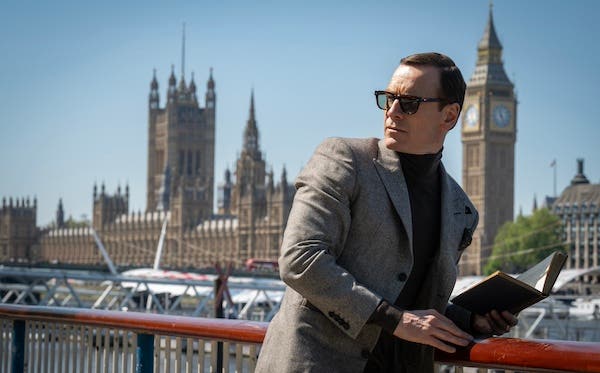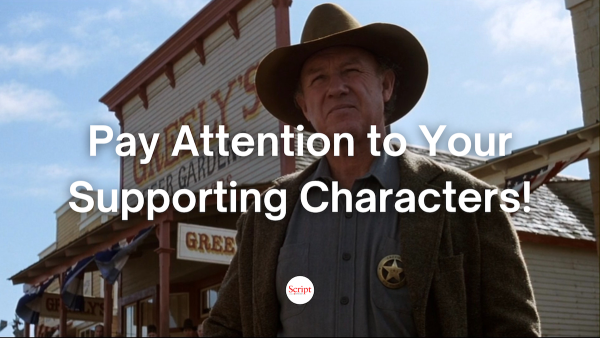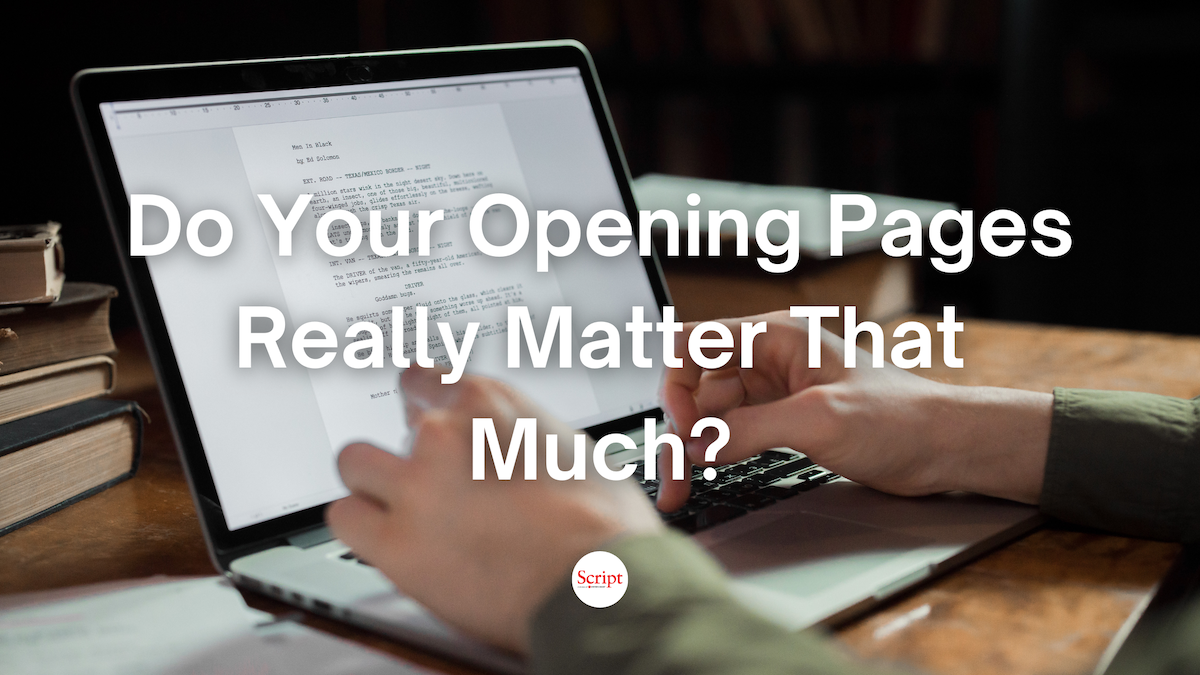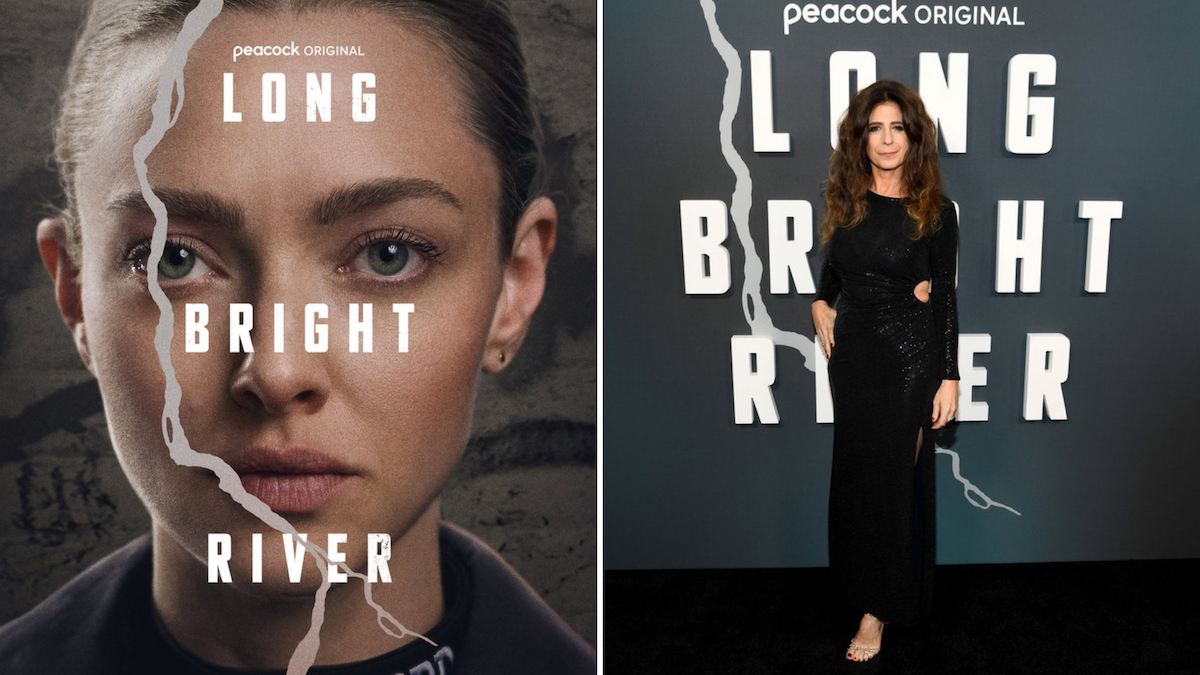Legally Speaking, It Depends: Playwrights & Playwriting – Act I
A friend recently reminded me that although I’ve done an adequate job (he’s a harsh friend) covering some of the traditional forms of scriptwriting in these columns I have been…
A friend recently reminded me that although I've done an adequate job (he's a harsh friend) covering some of the traditional forms of scriptwriting in these columns I have been remiss in dealing with the differences and difficulties that many other forms of writing face. In an attempt to remedy that omission, the next few columns will look at writing for the stage, or playwriting, how it differs from other script writing and typical concerns, legal and business parameters and other factors that set this form apart.
Of course in the space available even in a multipart series I will only be able to provide a vague overview, whitewashing lots of important details to present a first blush peek at the differing aspects of playwriting. There are many other fine resources available to delve further if you are so inclined. I'll list a few in the next installment.
The play's the thing
In the simplest distinction, a playwright writes plays (for the stage) where a screenwriter writes for the screen (film or TV.) Playwriting is one of the oldest forms of scripting. Not only does it predate screenwriting, it even predates screens. Its currently recognizable form harkens back to ancient Greek drama. So there are some aspects of playwriting that are entrenched. Some of these make perfect sense, others (like why is it 'playwright' but 'playwriting'?) must be taken as writ.
Compared to screenwriters, playwrights have much more control over the performance of their works. The original writer-- and there is almost always only one writer-- is empowered to control any and all changes to the play. There is no word spoken on a stage that isn't authorized by the playwright. Even ad libbed lines which are intentionally included in the official performance (which doesn't necessarily include actors flubbing lines unintentionally) are only allowed with the express permission of the playwright. (But see below for complications that come with ad libs.)
My kingdom for a horse (but the horse is owned by someone else)
The playwright doesn't own and control all aspects of a play. First the producer, the person who traditionally brings all the disparate aspects needed to put on a play together, is the guiding force. Producers find and bring in the money, find the writer, director, venue, etc. and make all the major decisions along the way. Though they do not usually own the intellectual property rights in the works that survive the initial run of the show in all its incarnations, they are essential in control and ultimately responsible for the success or failure of that run.
The director can own an intellectual property right to their direction of a particular show. Anyone who has read the stage directions of a Shakespeare play can recognize how much creative input a director is allowed to interpret how the performance of those words on the page is to happen. Everything from blocking (moving actors), set design choices and direction (from minimalist to elaborate sets on a mechanized, rotating stage) and costume and setting choices, all are purviews of copyrightable choices that a director can claim (and usually does) separate and apart from the writer's words.
If you see a Broadway or West End performance or the original touring production of a play you are watching the production of both the original playwright and director's contributions. If you are watching a revival staging or a local community theatre performance of a play you are likely seeing a new director's interpretation but still the original playwright's work (and permissions.)
Other possible intellectual property owners for a single stage performance include composers and lyricists as well as choreographers, both of which are instrumental (pun intended) for producing successful musicals. As with anything, the more hands in the pot of ownership the more potential for conflict.
Ownership conflicts
You would think that the long history of theatre would allow time for all potential conflicts in ownership to have been long ago resolved. Of course, it depends.
Because of the long history of staged drama there has been opportunity for specializations to arise with specific skill sets that can greatly assist productions. One such specialist position that doesn't exist in the cinematic world is that of dramaturge. The definitions for the job are as varied as the jobs done by these individuals (as well as the accepted spelling). A dramaturge can add value to virtually any part of a production. Their role is to bring their particular expertise to various production problems and smooth the transition from page to stage. Their assistance touches on many aspects, wherever a touch of their experience can improve the final product. But when a dramaturge suggests changes to the script or blocking or choreography or set design, the question arises who owns those changes? Has the dramaturge contributed enough to become a co-writer or a co-director?
Contracts
Contracts should govern these issues but it is usually not a simple matter and usual industry practices don't always make it easier. The Dramatists Guild of America, the collective bargaining guild of playwrights, composers and lyricists in the U.S., offer contracts that govern over their members theatre excursions. Their contracts are the de facto standard by their proprietary terms are not allowed to be made public. Suffice to say they attempt to protect the playwright as the sloe owner of everything created and incorporated, at least word-wise, in a play. To do this a signatory producer has to agree to assign any contributory work that results in changes to the text (and only those acceptable by the playwright) to the be completely owned and controlled by the playwright going forward.
So a producer must make sure that all contracts entered into for the production with all other creative parties include this assignment requirement, from actors to stage hands (who knows where a good line idea might come from?) This includes those parties who also have strong Guild representations, like the Stage Directors and Choreographers Society. But in order to protect their own members director's contracts often have clauses that state that all creative content that is contributed by anyone toward the production become owned and controlled by the director as well.
Without strong agreements and clear understandings you could see how producer's fervor to keep a production moving forward could lead to conflicts of understanding as to who owns what and what amounts of contribution lead to a re-think of the situations at hand. (Remember the dramaturge putting their hands in everything? Think that could lead to problems if not handled just so?)
There is still lots of things to discuss, such as how venue plays an important and different part than in films and television, other union issues, musical theatre complications and I intend to use an example to make some of these points clearer but I'll leave that for the next part of this column series.
One last bit from the wings
But just to close this part out I'll leave you with this: remember my parenthetical aside above about ad libs? In the U.S. copyright covers quite a lot of material to protect the creator's rights. But not everything creative is covered. One of those missing gaps is extemporaneous speech. If someone is making something up on the spot and it is not being officially recorded by any means at the time of utterance, then there are no rights to be protected according to U.S. law. A person going “off-script” may be being creative, just as much as the script writer, but, their new words have no legal protection if they are not fixed in a medium. With the strong admonition against recording devices of any kind in most live theatre venues it is likely that those ephemeral words are only preserved, if at all, in the minds of the audience. That is not enough for copyright protection. (I won't bring up illegal recording or bootlegging, if you don't. It's a large, strange topic all it's own.)
So you see, and until next time we continue, it depends.
(Post Script: You'll be pleased to hear that the Kickstarter campaign referred to in my last column interviewing Ben Alpi and Gigi Edgley about their short film Hashtag completed successfully. Look for the end results soon.)
- More articles by Christopher Schiller
- FREE Download: Playwriting vs. Screenplay Checklist - Is Your Story a Screenplay or a Play?
- Script Gods Must Die: The Playwright as Screenwriter
Get more help on playwriting with Jonathan Dorf's webinar
Playwriting 101: Everything You Need to Know to Write a Play
Christopher Schiller is a NY transactional entertainment attorney who counts many independent filmmakers and writers among his diverse client base. He has an extensive personal history in production and screenwriting experience which benefits him in translating between “legalese” and the language of the creatives. The material he provides here is extremely general in application and therefore should never be taken as legal advice for a specific need. Always consult a knowledgeable attorney for your own legal issues. Because, legally speaking, it depends... always on the particular specifics in each case. Follow Chris on Twitter @chrisschiller or through his website.





